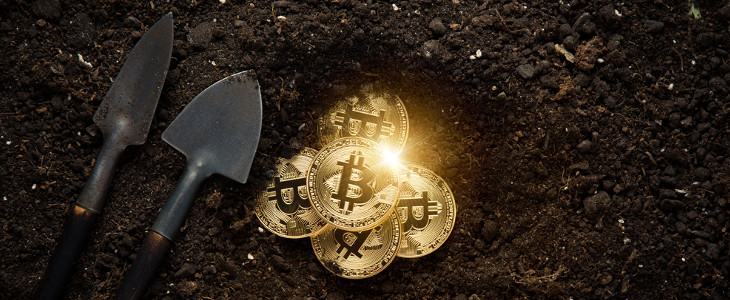Tax Savings Strategy 221 | Bitcoin

Bitcoin was created in 2009 by Satoshi Nakamoto as the world’s first cryptocurrency and is the biggest. Currently there are 669 cryptocurrencies in the world.
Bitcoins are a digital currency so can be used to buy things electronically (and in that sense are similar to conventional currency). However, Bitcoins most important characteristic is that it is decentralised so no single institution controls the Bitcoin network.
Bitcoins are not printed like dollars or euros – they are produced by people, and increasingly by businesses, running computers all around the world, using software that solves mathematical problems. This process is known as Bitcoin mining.
The tax consequences of using Bitcoin are as follows:
- Trading Bitcoin for a profit-making purpose will result in any profits being assessable income.
- Bitcoin is an asset for capital gains tax (CGT) purposes. Bitcoin held for 12 months may access the 50% CGT discount.
- Transacting with Bitcoins is akin to a barter arrangement, with similar tax consequences. When receiving Bitcoin for the sale of goods or services, a business may be charged GST on that Bitcoin.
- The buying, selling or using of Bitcoin as a payment are not subject to GST (if not carrying on a business).
To avoid paying tax on any increases in the value of cryptocurrency, it should only be purchased to acquire goods or
services for private use. If the original purchase cost of the cryptocurrency was less than $10,000, any capital gain or
loss is non-taxable.
SMSF's are allowed to invest in cryptocurrency subject to compliance with the fund's investment strategy – Trustees may
struggle to have the cryptocurrency registered in the fund's name which will be a breach of the SIS Act.
"You’d be stupid not to try to cut your tax bill and those that don’t are stupid in business"
- Bono: U2




